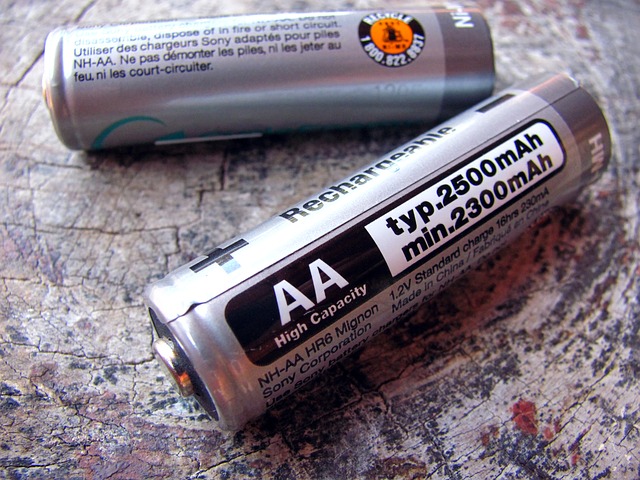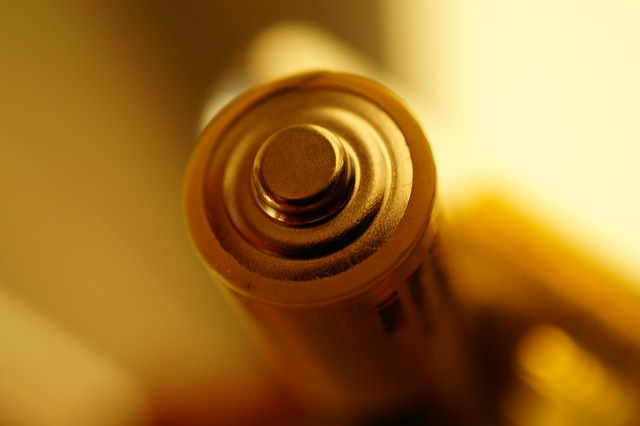Storing LiPo Batteries in Cold Weather- Storage methods
Feb 19, 2020 Pageview:7876
Lithium Polymer (or LiPo) batteries are types of rechargeable battery that have become popular for use in planes, helicopters, and UAVs (or drone). LiPo batteries are responsible for the new surge of electrically powered flights over the fuel-powered ones.
LiPo batteries, by many people, have become a preferred choice for planes and drones over the conventional batteries like the NiCad, PB and the NiMH.
There are Pros and Cons to these battery types, however, and they include
Pros of LiPo batteries
They have light weights and they can be easily made in various shapes and sizes.
They have large capacities and high energy density which makes them hold relatively more energy in smaller packages than other battery types.
They can easily maintain consistent power output during discharges. However, when LiPo batteries are reaching their full-discharge stage, they tend to drop power at a very fast rate, which usually causes damages to the batteries.
They can be used to power electric aircraft and vehicles that require a large amount of power supply.
They also offer fast charge features which allow them to get fully charged in less time than required by other types of batteries.
LiPo batteries have no "memory effect" unlike the other battery types.
Cons of the LiPo batteries
The Cons of these types of batteries include
Safety issues which arise as a result of their high energy density and the volatile electrolyte that is used in their production. If bot properly handled and treated, LiPo batteries can burst, and they can even catch fire.
They are weather sensitive. They do not function well in extreme weathers and they require special care to keep them functional for as long as possible.
The problems of these types of batteries notwithstanding, LiPo batteries remain very excellent choices for people the flying of electric aircraft and UAVs and they also are probably the best type of battery available in the market as of now. If properly taken care of, LiPo batteries are high performing batteries.
Can Lipo batteries be stored in the cold?
This is a question that has been asked by thousands of people who are making use of the Lithium Polymer batteries in one way or another. Because of their need for care and dedicated attention, a lot of people always want to know the conditions they can store their batteries, as well as those they can't store the batteries. However, to answer the question of storing the LiPo batteries in the cold, it is a two-edged sword.
LiPo batteries don't perform well in cold conditions because, in cold conditions, the chemical reactions that form the basis of LiPo batteries' functionality begin to slow down and lower the batteries capacity. What this implies is that if your fully charged LiPo would have provided you with let's say one hour of flight time, the cold weather will make the batteries performance drop by up to as much as 30 minutes.
However, for storage purpose, keeping the LiPo batteries in the cold will reduce the chemical reactions and increase the battery's lifespan which makes it reasonable enough. However, the special procedure needs to be taken because removing a cold battery from cold conditions might lead to condensation inside the battery, and this can be damaging. Also, the cold condition is a little better for storing a LiPo battery than hot conditions. Keeping the battery in heat will damage the battery at an alarmingly fast rate.
What temperature should LiPo batteries be stored at?
If the batteries are sensitive to both extreme conditions of cold and heat, how best then can they be stored? This question has been asked by many concerned owners and potential owners. The answer to this is:
LiPo batteries should be stored at room temperature. i.e. between 40 degrees and 70 degrees Fahrenheit for the best storage results. If you intend to store your battery for more than a week, you must ensure that they are at 3.8V/cell or 3.9V/cell power level which is approximately 50% of charge.
Storing your LiPo batteries at a temperature that is higher than 170 degrees Fahrenheit can cause damage to the battery in less than 2 hours of being exposed. It can even lead to the battery catching fire.
How can LiPo batteries be stored?
There are a lot of things that can go wrong with the method you have chosen to store your LiPo battery. This is why a lot of people always pay special attention to how their battery is stored. You should be careful about this as well.
If you want to store your LiPo batteries the following procedures will ensure your batteries are properly stored
Properly disconnect the batteries when not in use and store them in fireproof containers. This will forestall any possible fore outbreak from the battery.
While leaving the battery for a little while, ensure they are not in extreme weather conditions. 14 degrees and 113 degrees F is the recommended temperature for storing your LiPo battery. However, if you're storing your battery for a long time without use, say for months, the recommended storage temperature is 73 and 82 degrees Fahrenheit.
Do not store loose LiPo batteries together to avoid short-circuiting.
Store your battery at 40% to 50% charge because storing at full charge can be dangerous and cause damage to the battery.
You can also effectively store your LiPo battery at room temperature. It is usually between 40 and 70 degrees.
If you are choosing to store your LiPo batteries in the fridge (never store in deep freezers) ensure they are at a low charge, about 40%-50% charge. Also, don't put the naked battery in the fridge. Instead, find a Ziploc bag or any other recommended container to keep your battery safe for as long as possible.
Leave Message
Hottest Categories
-
Hottest Industry News
-
Latest Industry News












